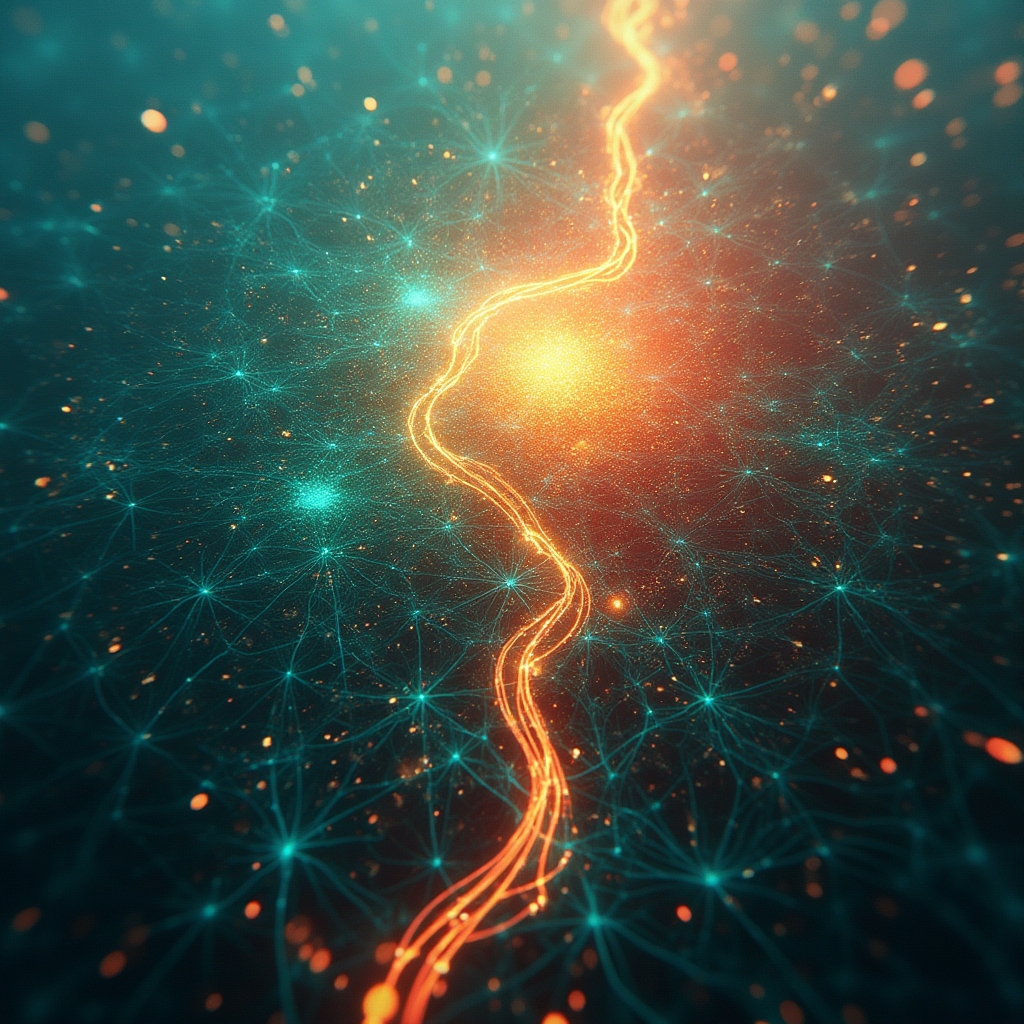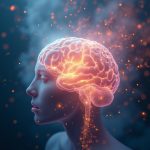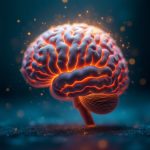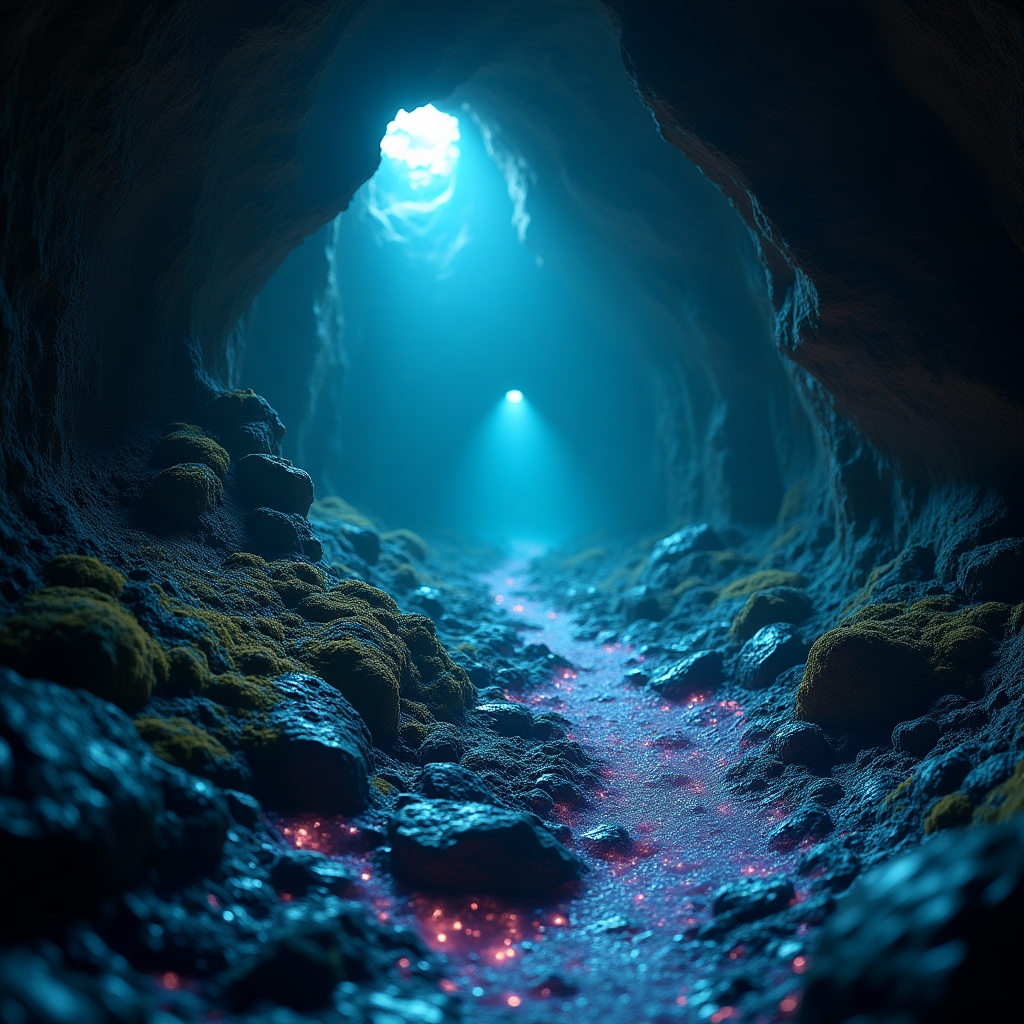Imagine navigating a sprawling city without a map or GPS, just your natural sense of direction to guide you. This is a feat many of us rely on every day, thanks to a remarkable navigation system within our own minds.
iN SUMMARY
- 🧠 Neural compass discovery offers insights into how our brain navigates complex environments.
- 🧭 New research suggests potential applications for understanding and treating neurological disorders.
- 👨🔬 Breakthrough study utilizes virtual city navigation to uncover these brain functions.
- 🌐 Scientists believe these findings could enhance our understanding of cognitive mapping.
Researchers have recently uncovered a secret right inside our heads—two specific brain regions that function as a "neural compass." These areas help us find our way around complex environments, such as virtual cities, with remarkable consistency. This scientific breakthrough not only opens doors to understanding how we find our way but also suggests potential pathways for monitoring neurological disorders that lead to disorientation (Science Daily).
The Inner Workings of a Neural Compass
Think of your brain as a highly sophisticated GPS. The two regions responsible for this role are the retrosplenial cortex and the anterior thalamus—integral components that continually track our directional heading in space. According to a recent study, these areas are engaged when we navigate both familiar and unfamiliar environments, precisely maintaining our sense of direction (NIH).
The researchers employed virtual reality technology to simulate a bustling city environment, allowing participants to engage in navigation tasks without leaving the lab. This groundbreaking method helped pinpoint the exact neural mechanisms involved in real-time navigation, providing evidence that these brain regions function consistently as an internal compass.
Implications for Neurological Disorders
There are striking implications for the fields of neurology and psychology, especially concerning disorders like Alzheimer's and other forms of dementia. These conditions often impair navigation skills, causing disorientation and confusion in everyday settings. Understanding the brain's navigation system could potentially lead to new diagnostic criteria and therapies. This discovery might progress to developing techniques that keep these disorders in check or even prevent their advance.
Moreover, this could pave the way for innovative solutions in rehabilitation therapies, where virtual reality could be used as a safe and controlled environment for practicing spatial orientation tasks. This approach holds promise not only for Alzheimer's but also for a range of neurodegenerative diseases.
Practical Applications and Future Directions
Looking ahead, these insights might broaden their utility towards enhancing navigational aids for those who are directionally challenged, perhaps via smartphone applications or wearable tech. Our understanding of how the brain accomplishes this could inform the design of such tools, integrating artificial intelligence to mimic these processes exactly.
The research continues to unfold, yet it highlights the necessity for ongoing studies into how our cognitive functions relate to our sense of place and movement. This exploration into the brain's geography suggests a new line of research poised to uncover further secrets regarding how exactly our neural compass contributes to our interpretation of the world around us.
For those intrigued by such advancements, staying informed about ongoing research can be done through portals like the iNthacity International News Portal, which aggregates the latest findings from cities worldwide.
Join the Conversation
With this scientific breakthrough, there's much to ponder. Do you think technology inspired by our neural compass could help those with directional challenges? Could virtual reality hold the key to treating memory-related disorders effectively? We invite you to share your thoughts below and to become part of the iNthacity community, where your insights can help illuminate the path forward.
As we delve into the mysteries of the mind, we are reminded of the profound capabilities woven into our very being. One might even say that our internal GPS might just be the most efficient system ever imagined, guiding us home safely each day.
How does your internal compass fare in everyday navigation, and would you rely on a digital replica of such a fascinating biological tool? We welcome your thoughts and invite you to become a permanent resident of the "Shining City on the Web"—your beacon in the ever-evolving landscape of the digital world.
While the world outside continues to advance, perhaps it's comforting to know that, inside, we carry a remarkable compass of our own. After all, isn't it nice to think that no matter how far we wander, our minds can always guide us back home?
Disclaimer: This article may contain affiliate links. If you click on these links and make a purchase, we may receive a commission at no additional cost to you. Our recommendations and reviews are always independent and objective, aiming to provide you with the best information and resources.
Get Exclusive Stories, Photos, Art & Offers - Subscribe Today!
























Post Comment
You must be logged in to post a comment.